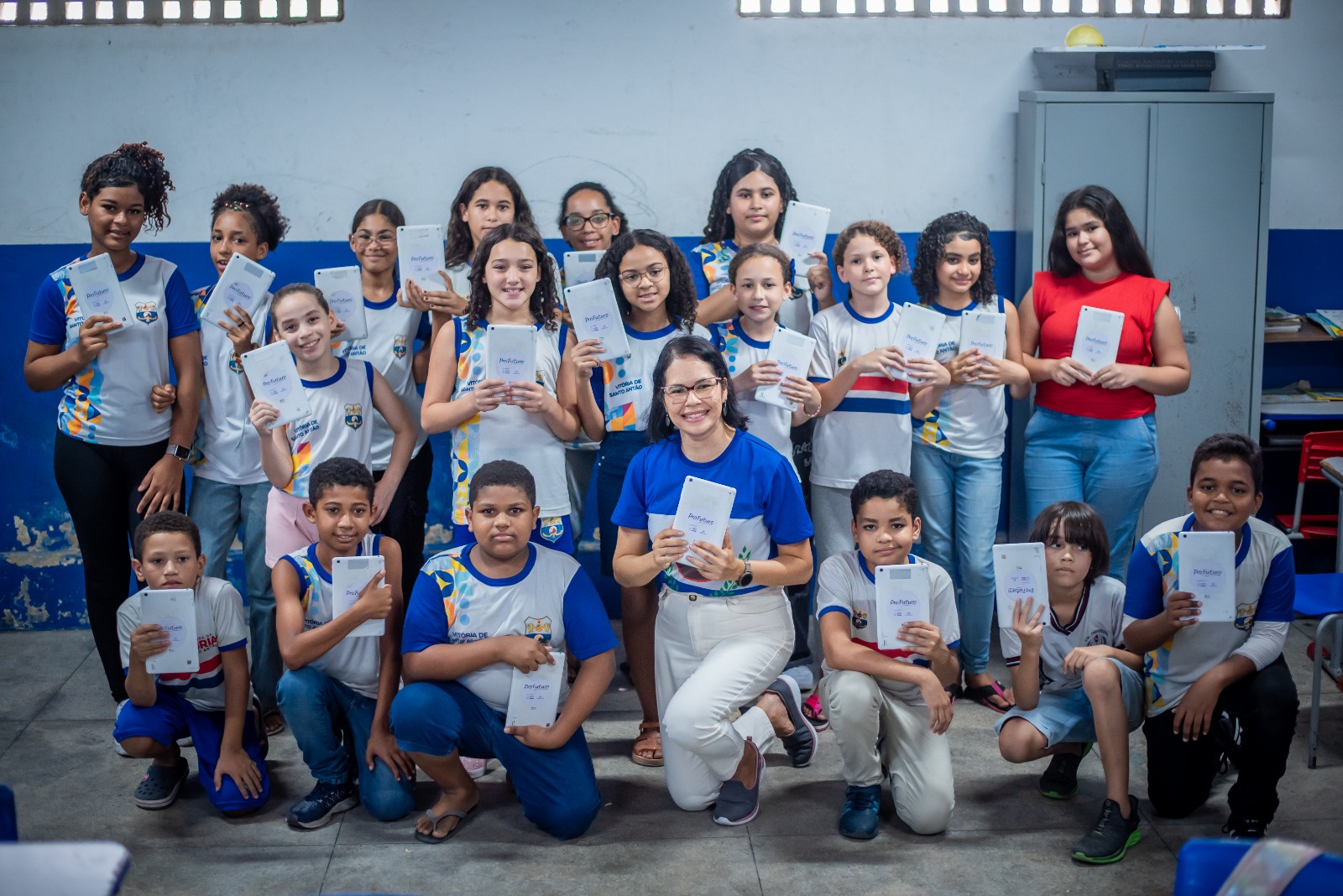In its latest annual report, ‘The State of the World’s Children 2017: Children in a Digital World’, for the first time UNICEF has analysed how digital technology affects the lives of boys and girls, both in terms of its dangers and the opportunities it provides.
Digital technology has transformed the world we live in: it has upended entire industries, and altered our social landscape. Childhood has been similarly impacted by this unstoppable process: one of every three internet users in the world is a child, and young people are the most connected group of all. From the photographs they share to their medical records stored on the cloud, many children have left their mark on the digital world, even before learning to walk or talk.
Digital technology can be a turning point for underprivileged children, as it provides them with new opportunities to learn, interact and have their voices heard. Nevertheless, it can also form a great divide: millions of children are currently cut off from an increasingly connected world.
In its latest annual report, ‘The State of the World’s Children 2017: Children in a Digital World’, for the first time the UN agency has analysed how digital technology affects children, both in terms of its dangers and the opportunities it provides. “For better or worse, digital technology is an irreversible phenomenon in our lives”, recognized the executive director of UNICEF, Anthony Lake. “In a digital world, our twin challenge is to know how to reduce the harm of the internet and maximize its benefits for each child”, he argued.
Young people with internet access
Digital technology is developing as fast as the dangers faced by children when they connect to the internet. These range from cyber-bullying to the inadequate use of private information, exploitation and online sexual abuse.
For better or worse, digital technology is already at the centre of our lives, and it is here to stay. UNICEF’s report insists that the manner in which we minimize its risks while we increase the access to its benefits will help to define the lives and future of a new generation of digital natives.
The goal of UNICEF is to reveal how the internet and digital technology both facilitate and obstruct the learning, welfare and social relationships of children. In this analysis, the worldwide organization is urging countries and the pertinent authorities to make the internet a safer place for children, and also expand access to digital technology, especially for the most underprivileged.






